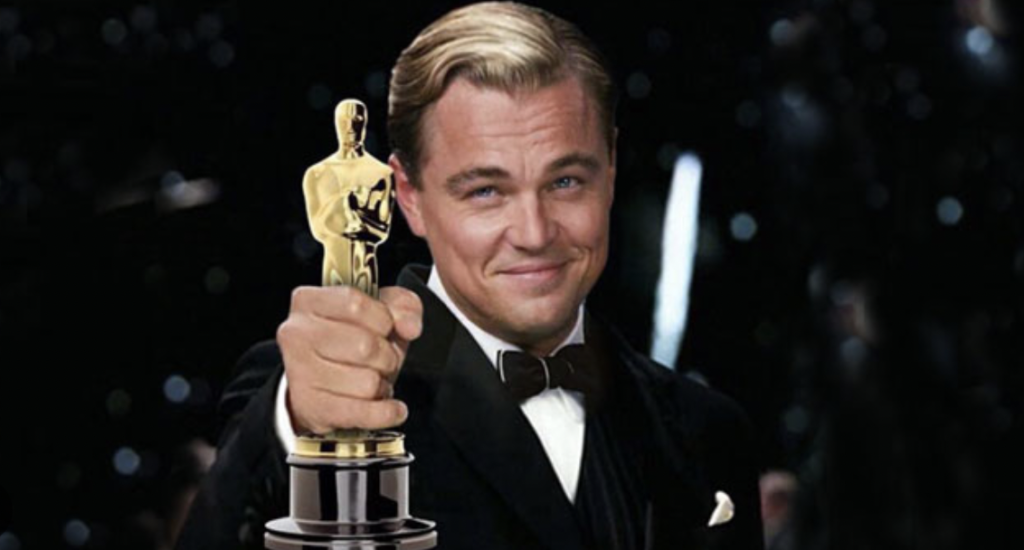The main drag in Newquay offers a numberless array of patisseries selling that most local of pastry delights, the Cornish Pasty. Such is their profusion and apparent similarity, the casual visitor and pasty enthusiast can find themselves overwhelmed.

The retailers however have spotted the problem and endeavouring to help have decided that they should award prizes to the best. Hey presto – choice made simple.
Unfortunately, the pasty industry suffers from a familiar malaise, one we meet in sectors as diverse as housing and sausages, award inflation. Consequently, it’s difficult to find a shop that does not claim to possess a gold award winning product. Indeed, gold appears to be an entry level requirement, there are many tiers that rise beyond this. The visitors’ choice becomes between competing awards rather than competing pasties. Back to square one.
Were you this week to visit a very similar seaside town in the south of France, you would stumble into the advertising industry’s biggest, most lavish and prestigious event – its annual awards jamboree in Cannes. Rather less glamorous that the film festival, it is reputed to be far more lucrative. Cannes, though the industry’s 800lb gorilla, is but one in a global constellation of advertising award ceremonies. For a week La Croisette is dotted with panels of linen wearing execs talking to audiences made up of their own employees, while juries staffed by senior industry executives hand out awards to each other.
Which is not to suggest that awards in either the pasty industry or in the advertising industry are easy to come by, they are not. But their profusion does pose the questions, who are what are they for?
Awards have become big business, inflation an embedded feature. Banking crises, pandemics, energy shocks and war are mere bagatelles to their own internal logic. And internal they are. Almost none penetrate beyond the boundaries of their industry. Notable exceptions being film, music and at a push books. That said, even there you’re way more likely to remember the names of the ceremonies than those of the winners.
Visiting unfamiliar awards ceremonies are snatched glances into a new world. What on earth is there possibly to award in that industry we might ask. I once turned up late for a do at a swanky Park Lane hotel and ushered into a large room of black-tie clad revellers hunted for my table. Only after a fruitless 15 minutes did I realise I was at the wrong awards. When I at last made my table in a different room, I remarked, fancy that – awards for the logging industry. Only to reflect later that they would perhaps be as baffled at awards for adverts – especially if they spent any time at all actually watching them on TV.
Unless you win, awards ceremonies are mostly dreadful, though memorably I once attend a fabulous evening at the computer games re-sellers awards (again, who knew) as a guest of a client. Unusually (in my experience at least) winners were invited to make a short speech, one choosing to sign off with, ‘And f*ck you to the team at WHSmiths’. A phrase you don’t hear very often and maybe a pointer toward the real role they play.
Awards are mostly unscientific, one obvious exception being those awarded for science – I’m not quibbling with Steve Hawkins’ Nobel prize. There is in most, more earthly cases, an argument that links a gong to a measure of product quality and hence business performance. Yet often that elastic is stretched very thin indeed. In advertising, it could once realistically be claimed that in general creative awards correlated to client sales. Today that link is all but broken, or at least forgotten, as the awards battle becomes a game in itself. Or to take a more universal example, who has ever looked at a competitor’s more lofty ranking in one of the many best places to work awards and concluded anything other than they were better at playing the game.
It’s easy to dismiss awards as bullsh*t. Until you win. And then it really can feel like the best day of your career. And perhaps in the end this is the point. Most companies are simply trying to do a common thing better than the competition, and that is a long, hard graft; at least Dave Brailsford got real-time feedback on whether his marginal gains were working or not. Most awards are a game and those better at playing it win more. They consequently are an unreliable guide for customer choice. Nevertheless, if you’ve spent 12 months sweating night and day over your pasties, it must feel bloody amazing to win, even something as lowly as a gold.
If Otto von Bismarck had been from Cornwall, I’m sure he would have said, ‘Awards are like sausages, you don’t want to see how either are made.’